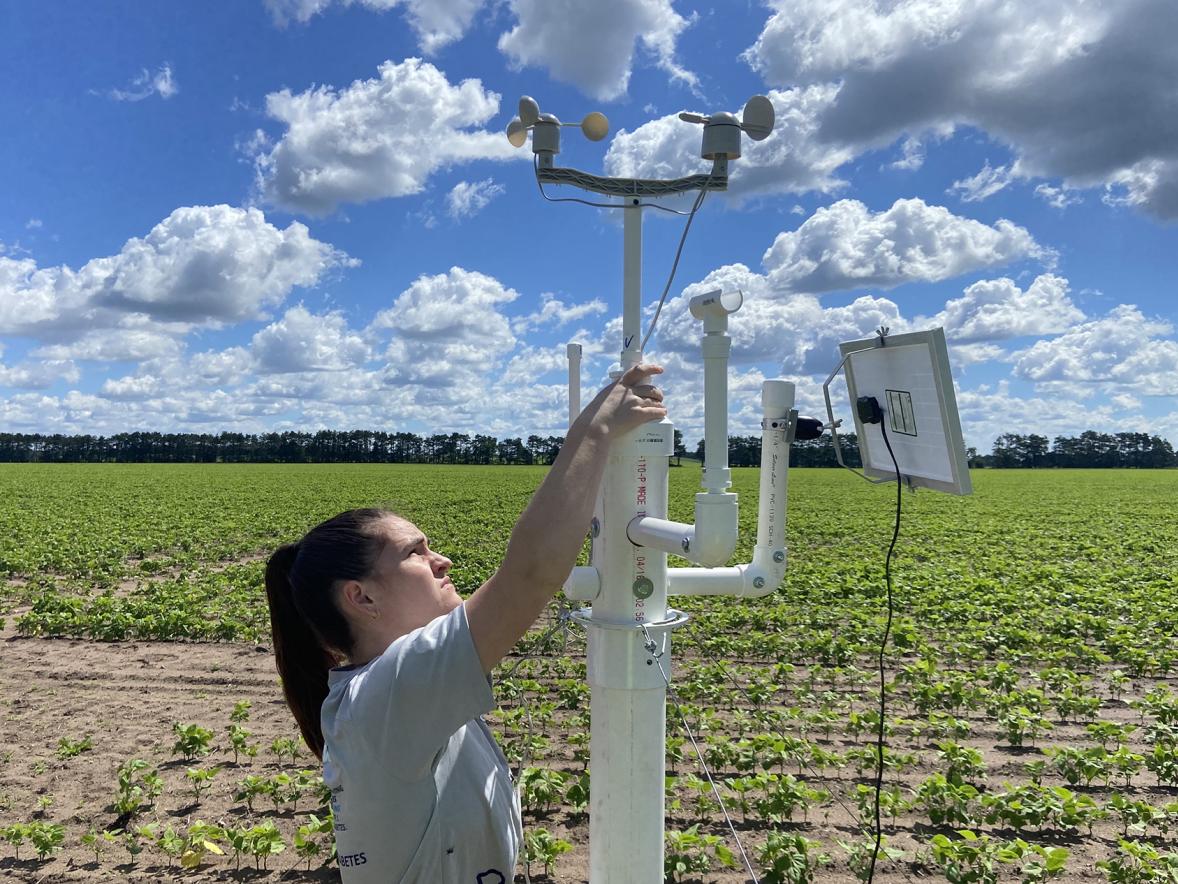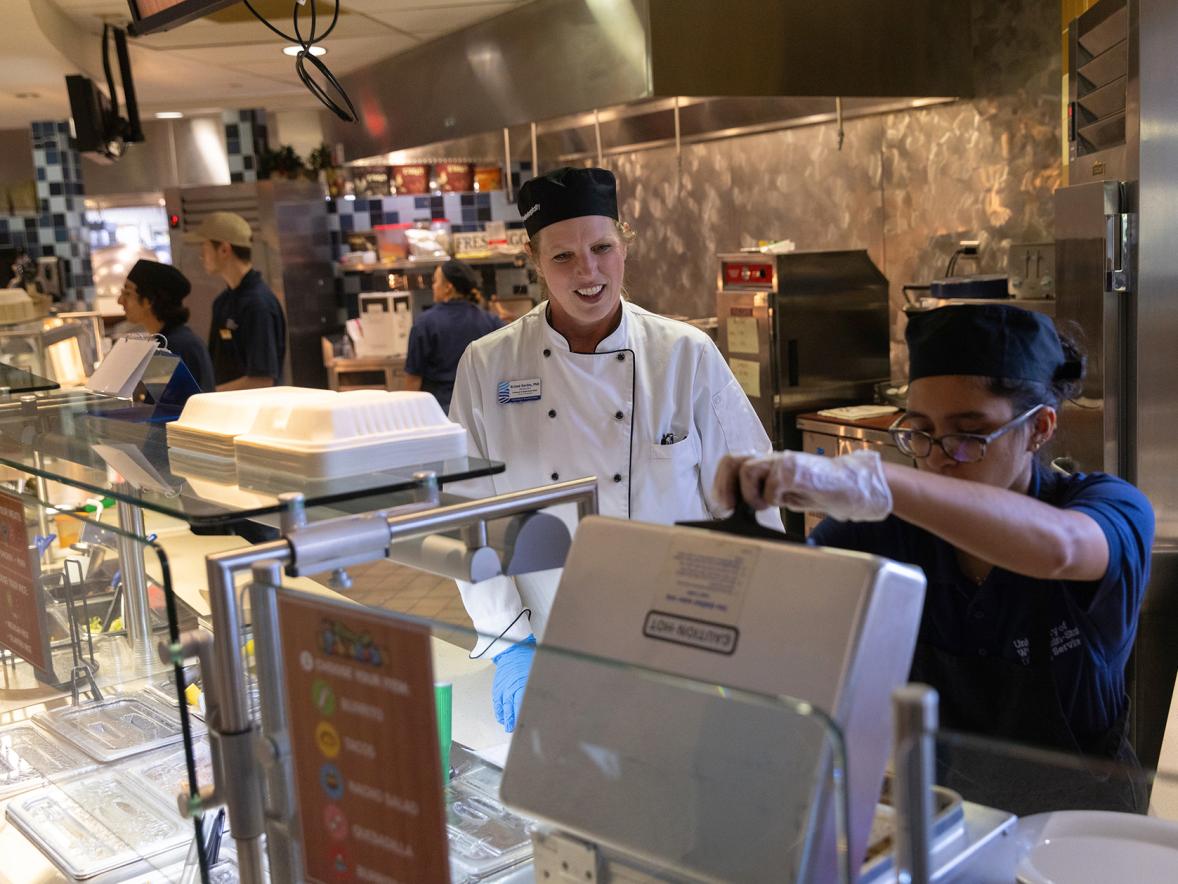A new UW-Stout club for neurodiverse students — possibly the first of its kind in the UW System — is off to a promising start.
The Neurodiversity Club, approved in February, already has 29 members. Also, it recently received an anonymous gift of $10,000 to support and empower members to “create community and advocate for themselves,” said Hannah Lammer, assistant director of TRIO Student Support Services and the club adviser.
“We’ve been seeing a need for something like this for a quite a while,” Lammer said. “In recent years, an increasing number of neurodiverse students are choosing to attend college. To have a support system is very important to their success in college.”
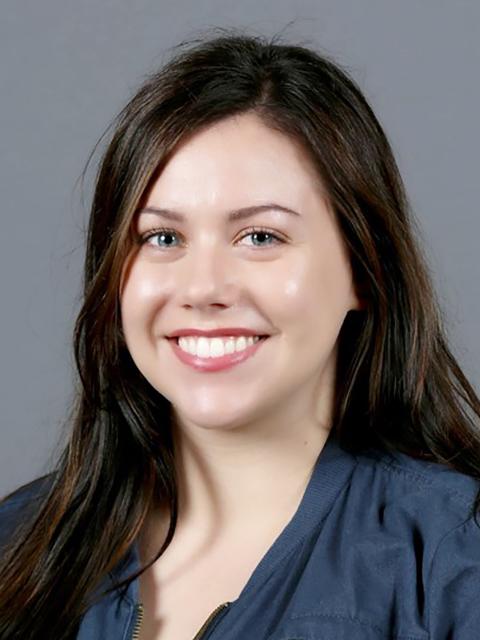
Neurodiversity encompasses individuals with diagnoses including anxiety, dyslexia, attention deficit disorder, attention deficit hyperactivity disorder, autism spectrum disorder and other disorders.
According to the 2021-22 UW System Services for Students with Disabilities report, students with ADD/ADHD and in the autism spectrum have risen by 55% and 53%, respectively, in the past five years.
April is Autism Awareness Month.
Students in the neurodiverse community share a bond in that they face barriers — most often invisible — to earning their degree, Lammer said.
The anonymous gift, through Stout University Foundation, is from the parents of a UW-Stout student who is autistic.
The parents believe the club will help their student and other neurodiverse students develop better communication and social skills, an important component in their career prospects. Studies report between 66% and 85% of autistic adults are underemployed or unemployed, Lammer said.
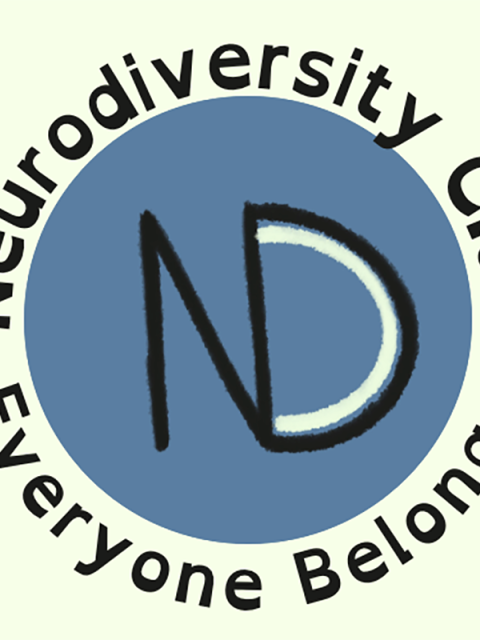
“You need more than academics to find a job,” the parents said. “You have to create the idea of believing in yourself. It’s important to teach these students things they never think about.”
The gift-givers’ student tends not to socialize. However, they joined the club and already made a friend through club meetings. “We’re seeing actual progress without having to coax or intervene, which has traditionally been required,” the parents said, noting their student celebrated their birthday recently by sharing a cake with club members.
Lammer meets weekly with the student and other neurodiverse students to help them “navigate the college process. We have a responsibility to help set them up for success, which includes providing support, advocacy and community.”
The gift and establishing the club are great initial steps toward supporting neurodiverse students at UW-Stout, Lammer said. She hopes eventually the university can have a formal support center with programming, courses and workshops.
Supporting each other
Along with help from TRIO Student Support Services, the club is a means by which students can support one another and encourage more social interaction.
Club President and co-founder Bailey Pedersen hopes to organize sensory-friendly study nights for club members, hold workshops, invite speakers and have the club be a general resource for information online and in person.
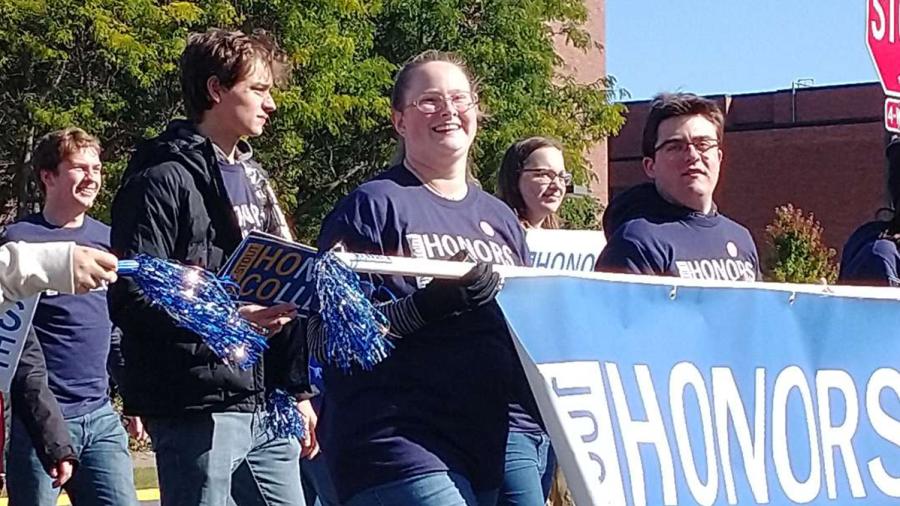
“It’s about sharing ideas and helping each other,” Pedersen said.
For example, Pedersen said, not all students know about the University Library’s Sensory Space, room 218, which has noise-diffusing chairs, fidget devices, textured 3D art and more to help students relax.
The 29 students in the Neurodiversity Club are from 10 academic programs.
Pedersen, a junior from Gillett in northeastern Wisconsin, is majoring in professional communication and emerging media, with an applied journalism concentration. She is the entertainment editor for the Stoutonia student newspaper and is in the Honors College.
Pedersen also works in the Involvement Center on campus as a student event organizer. She has organized more than 30 events this academic year, such as the popular Bingo Nights.
“Helping start this organization is one of my greatest accomplishments,” Pedersen said. “And I hope it will be able to help future students. We’re able to create safe spaces for neurodiverse students of all backgrounds and want to give them support that maybe they’ve never had in their life. That’s the biggest thing we can give them.
“We’re neurodiverse and proud of it. There’s a need for it,” Pedersen said. “The club is campus-recognized, as it should be.”
Those interested in joining the club don’t need a medical diagnosis but can self-identify, Lammer said.
The logo for the Neurodiversity Club was designed by member Milo Hulbert, a first-year student from Kenosha majoring in industrial and product design. For the words in the logo, she used the dyslexie font, which was designed to help those with dyslexia.
###





